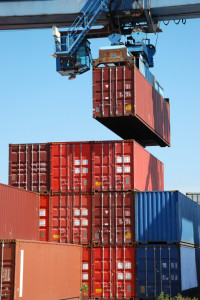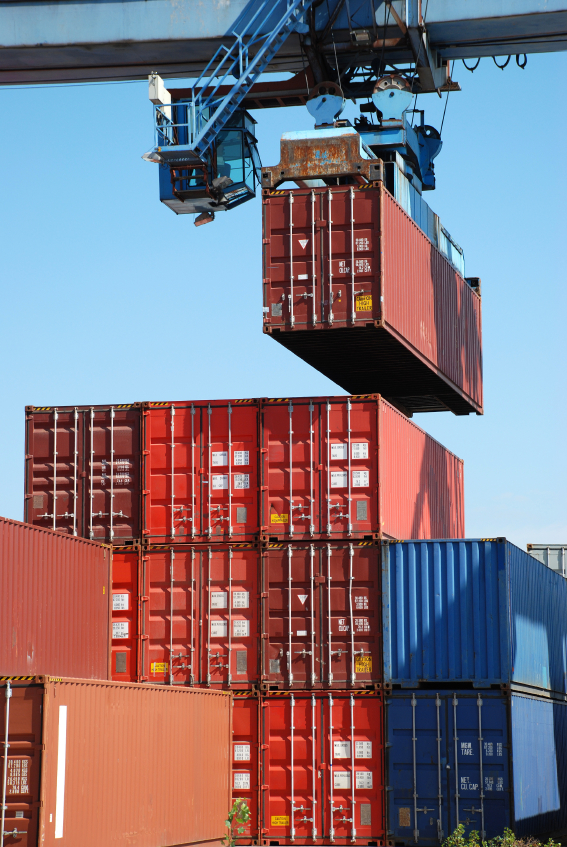 The Philippine Bureau of Customs (BOC) is looking to implement a load port survey (LPS) requirement and advanced import clearance system for containerized and other non-containerized cargoes.
The Philippine Bureau of Customs (BOC) is looking to implement a load port survey (LPS) requirement and advanced import clearance system for containerized and other non-containerized cargoes.
Currently, only bulk and break-bulk shipments are required to undergo an LPS.
A draft customs administrative order (CAO) made available to PortCalls said the LPS is expected to promote trade facilitation by providing an advance clearance system; securing advance and reliable information for examination and assessment of cargoes; and promoting revenue protection and to ensure the correct weight, quantity, quality, origin and description of cargoes.
Under the draft CAO, all bulk, break-bulk, containerized and non-containerized cargoes arriving and entering any port of entry in the Philippines will be subject to an LPS at the port of origin, unless otherwise exempt.
All cargoes covered by an LPS report (LPSR) will be automatically exempt from physical and x-ray inspection, except in the following instances:
- The LPSR has been tampered with or shows signs of tampering;
- The shipment is covered by an alert or hold order;
- The importer disagrees with findings of the LPSR and requests that a discharge port survey (DPS) be conducted in the presence of customs officers; and
- If the Commissioner of District Collector has derogatory information against the shipment.
Cargoes entering the country through free ports and bound for the customs territory will also be subject to an LPSR.
Vehicles for special purposes (e.g. cranes, backhoes, bulldozers, ambulances, trucks, buses and the like) brought in through the free ports for conversion or retooling and not previously covered by an LPSR will be subject to a DPS prior to withdrawal from the free port into customs territory, the draft order also stated. It said administrative penalties will not apply in this case.
Exempt from the load port survey are:
- All shipments transported by air;
- Super Green Lane (SGL) shipments;
- Importation of personal effects and household goods of a balikbayan and his or her family under R.A. No. 6768, as amended; overseas contract workers and other returning residents;
- Consolidated shipments or full container load (FCL) shipments with three or more consignees;
- Official importations of foreign embassies, legations, missions, consular offices, and other agencies of foreign governments in the Philippines;
- Human remains and personal effects of the decedent accompanying his remains;
- Importation of vehicles and motorcycles of balikbayan and returning residents;
- Cargoes transiting the Philippines and intended for a foreign destination, including shipments that are discharged from the carrying vessel for its final destination abroad, provided the stay of the transit cargo in the Philippines will not exceed 30 days from the date of discharge;
- Explosives and pyrotechnic products;
- Importations by government agencies, government-owned and controlled corporations and other government instrumentalities;
- Relief consignments as provided under Section 105(h) of the Tariff and Customs Code of the Philippines, as amended; and
- Importations bound for Philippine Economic Zone Authority zones covered by an import permit.
Accredited cargo surveyors (ACS) accredited by the Committee on Accreditation of Cargo Surveyor Companies will conduct the LPSR.
There are five ACS in the country that can issue an LPSR on bulk and breakbulk shipments: Bureau Veritas, Cotecna Inspection SA Philippines, Inspectorate, Intertek, and Societe Generale de Surveillance (SGS) Philippines. PortCalls was made to understand these five may also conduct the LPSR on containerized and other non-containerized cargoes.
All bulk, break-bulk, containerized and non-containerized cargoes that are not exempt but arrive without the required LPSR will be subject to a DPS to be conducted by an ACS.
Importers must notify the district collector of their failure to have an LPSR on their cargoes, the draft order states.
It noted that “it is the duty of importers and consignees to make sure that their cargoes undergo the required LPS, with the corresponding LPSR issued.”
Importers who fail to secure an LPSR for their import cargoes will be subject to the following administrative penalties:
- 1st offense – Fine equivalent to 10% of the dutiable value.
- 2nd offense – Fine equivalent to 10% of the dutiable value plus 30-day suspension to be effective 30 days from issuance of the order.
- 3rd offense – Fine equivalent to 10% of the dutiable value plus 60-day suspension to be effective 30 days from issuance of the order.
- 4th offense – Fine equivalent to 10% of the dutiable value plus one-year cancellation of importer’s accreditation to be effective 30 days from issuance of the order and without prejudice to a re-application for accreditation after the period of cancellation.
The Director of the Port Operations Service under the Assessment and Operations Coordinating Group shall monitor all violations under the order.
All ACS, in coordination with BOC’s Management Information Systems and Technology Group are required by the draft CAO to adopt an automated system for the online submission of the LPSR. The implementation of the online submission system will be provided in a program of work to be agreed between BOC and the ACS, according to the draft order.
The BOC said it would provide a “transitory period to establish the cargo clearance system together with the strict requirement for LPSR on imported cargoes” during which no penalties would be incurred. –– Roumina M. Pablo





